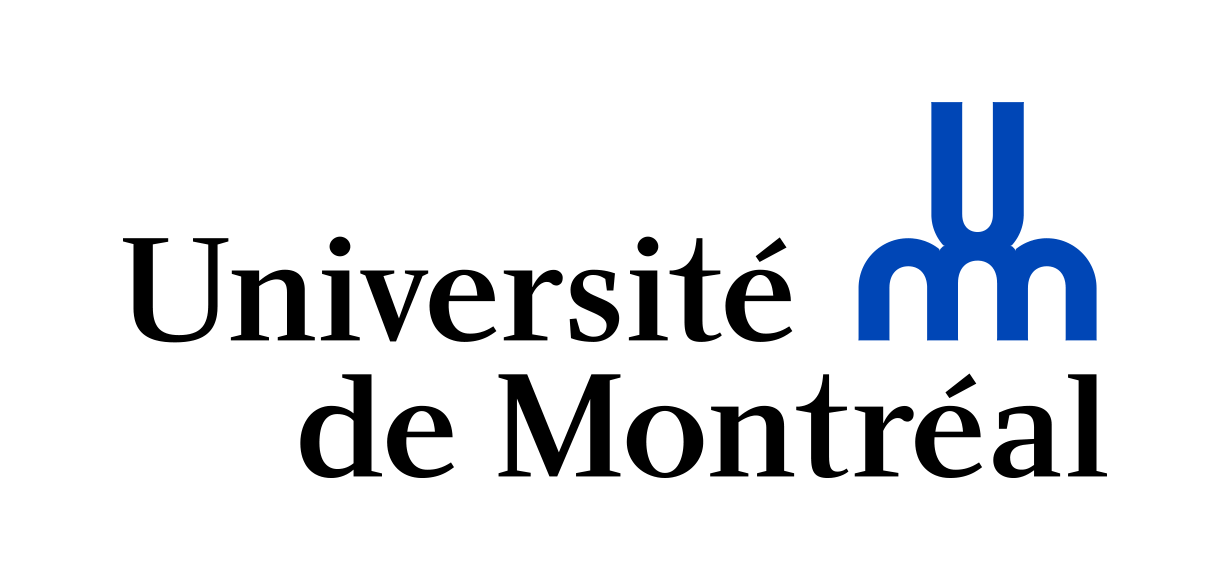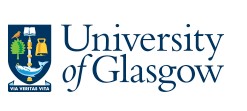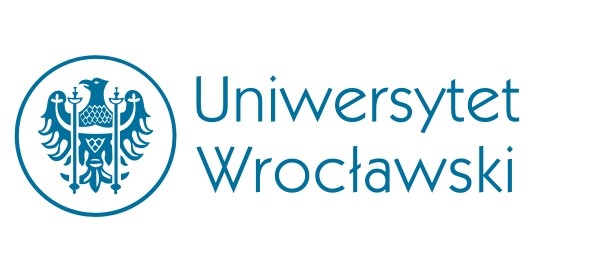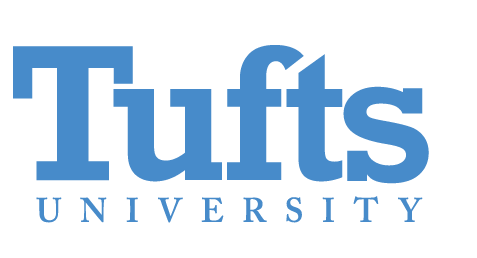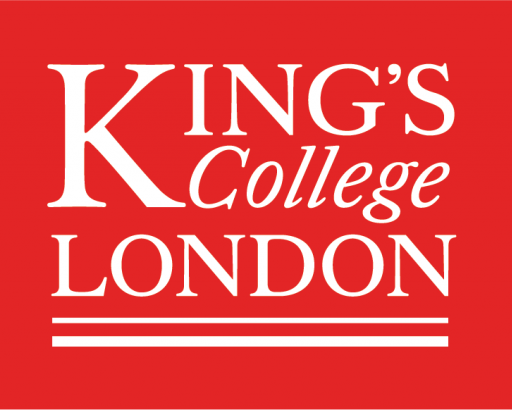
Photo credit: Queen’s University
Kirsty Kay, April 2018
With my BEAR mobility grant, I traveled from the University of Glasgow to spend two weeks at Queen’s University in Kingston, Ontario to work on my PhD dissertation with Professor Zsuzsa Csergő in the Political Studies Department.
My time spent with Prof Csergő proved invaluable to developing the theoretical underpinnings of my dissertation. Her theoretical expertise and supervisory experience meant that it was possible to quickly synthesize and develop my main arguments and make the most out of having someone other than my supervisors engage with my work at this critical writing-up period.
The two-week framework of the BEAR mobility grant also proved to be a very valuable format. Due to the short nature of the trip, Prof Csergő was very generous with her time and so we were able to meet on multiple occasions over the course of the visit. This meant that we could naturally develop our conversation on the topics of my dissertation, also giving space to informally discuss not only the specifics of the dissertation but also wider academic trends and career development. The visit was also useful in providing something of a writing retreat, a succinct period of time to achieve tangible goals in a calm and encouraging setting.
The department was very welcoming, and I had the opportunity to present my work to the faculty through the Centre for Democracy and Diversity. This was constructive as I come from an interdisciplinary Area Studies department at the University of Glasgow and so the conversations had with other graduate students from the Political Studies department was very useful in framing my research within its political context. I felt this to be one of the most beneficial outcomes of the BEAR mobility grant, as a means of promoting cross-disciplinary interaction amongst graduate students who are often researching similar topics from a variety of perspectives. My research looks at cultural forms of kin state-minority nationalism using anthropological methods, and the combined input of Prof Csergő and the graduate community was invaluable in developing my arguments to take into account current political studies frameworks.
Being able to spend time with both Prof Csergő and her graduate students whilst at Queen’s proved to be an excellent opportunity to build relationships and develop academic conversations with my peers in a different cultural context. I hope to develop these relationships in the future, and the conversations I had whilst at Queen’s has helped broaden my understanding and experience of academia, not only at an intellectual level but also for building future networks for research and collaboration.






